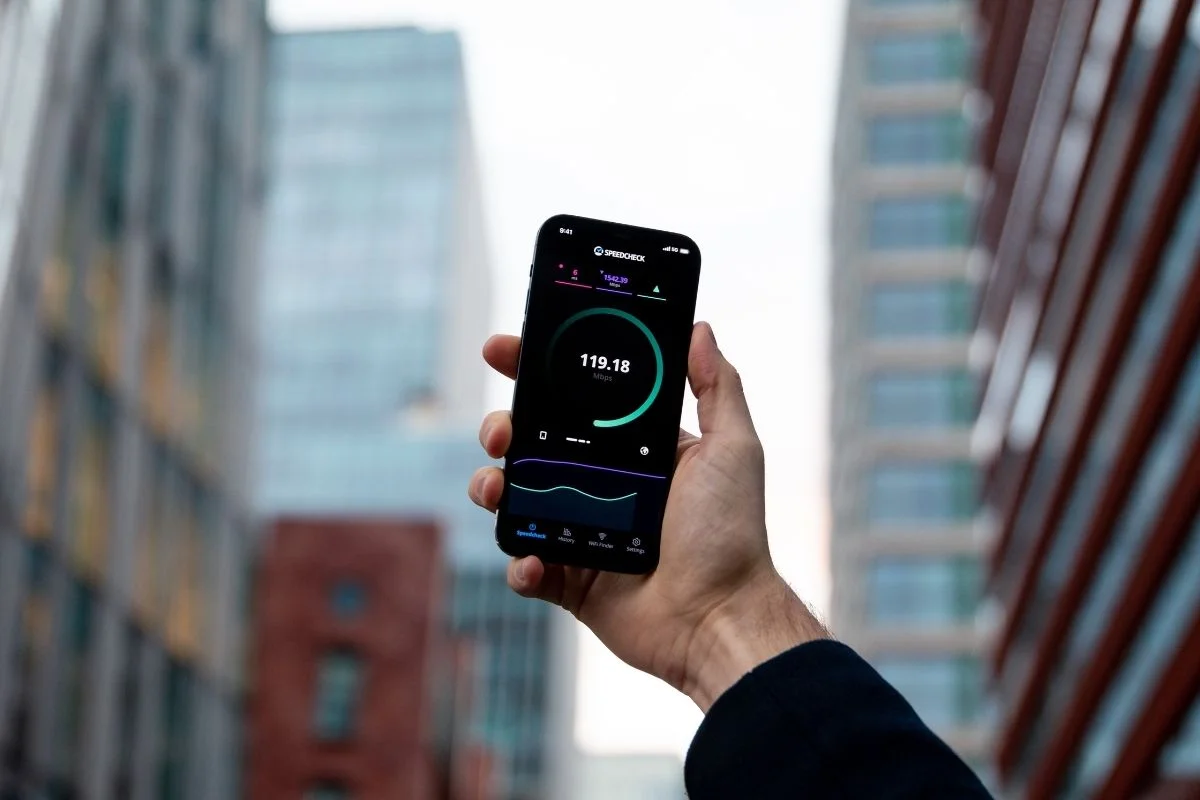
As users of technology, our reliance on the internet has seen a steep upward trend since its creation. The applications and use cases have evolved from searching for information to being the critical element in running multi-billion-dollar industries. Even as an average consumer, the internet is ingrained in our lifestyle in ways that it just seems difficult to get things done without it. Internet speed, one of the most important components of a broadband internet connection, is usually very subjective based on the use case. A speed that’s fast enough for you can be average for another user. Generally, any speed which is more than 100 Mbps is considered to be fast according to most standards. This speed is taking into account varied use cases and multiple devices being connected. Here is a list of multiple reasons why you need at least 100 Mbps speed in today’s modern world.
Multiple Devices Are Connected to a Single Broadband Internet Connection
Broadband connections installed at residences are used by multiple members of the family at once. A Wi-Fi router is known to convert a wired internet connection into a wireless one in which multiple users can access the internet using one single broadband connection. Every member can have a different use case and bandwidth requirements. Thus to smoothly manage internet consumption considering varied use cases, 100 Mbps and more is considered to be an appropriate speed.
Working from Home or Expanding Your Business Using the Internet
One thing that the ongoing pandemic has taught us is that we can leverage the internet to either work professionally or run and expand our business. A working professional can now work remotely from their hometown without being physically present in the office. In a similar fashion, a business person can take his business online and run it smoothly from home and even expand to a worldwide customer base. An internet speed of 100 Mbps and above is critical in both these use cases.
Sustaining A Smart Home Ecosystem
We are slowly but steadily moving towards a smart home ecosystem. Electrical appliances manufacturers have noticed the upward trend of usage of the internet and, as a result, have started manufacturing smart devices that can connect and be operated remotely using the internet. These devices include smart plugs, vacuum cleaners, refrigerators, washing machines, televisions, lights and even smart fans. These devices can be operated remotely using our mobile phone or voice control over smart speakers. To sustain such a smart home ecosystem that includes multiple appliances and devices connected to the internet, a speed of 100 Mbps and above is important.















